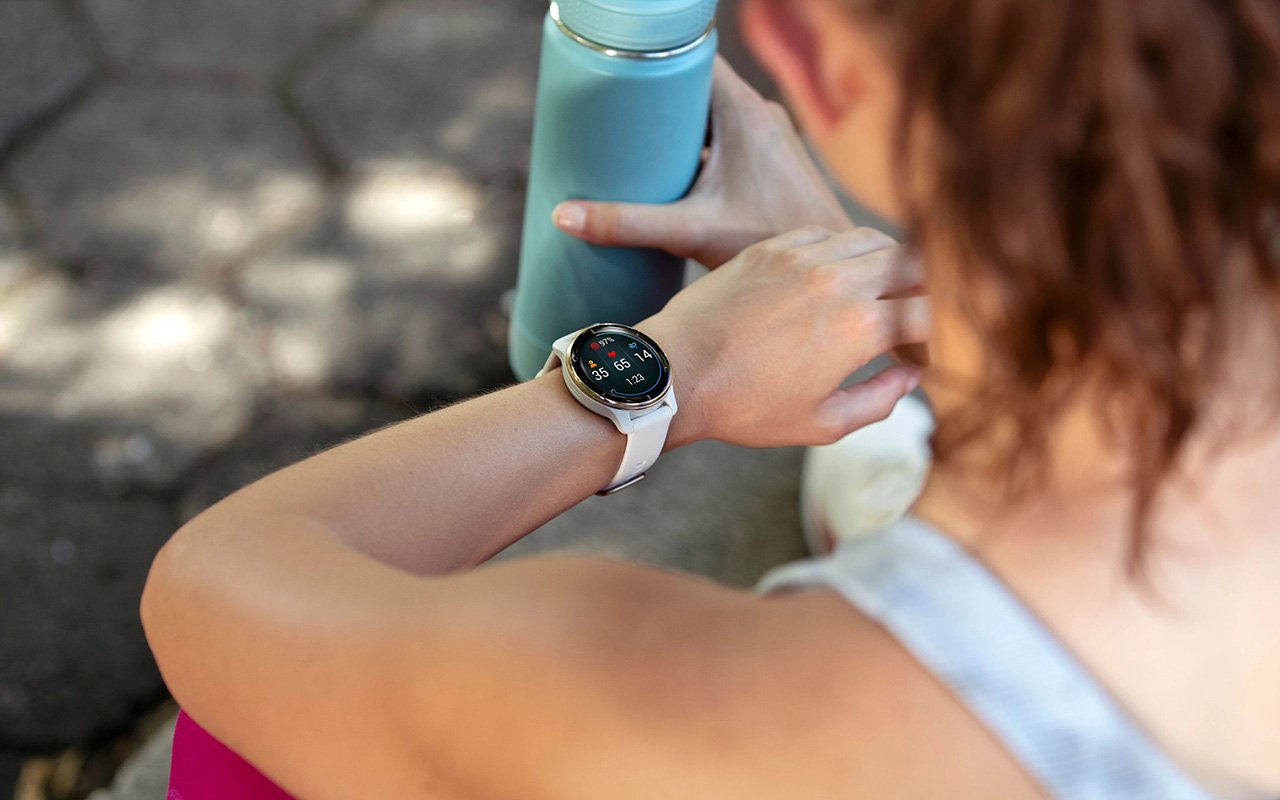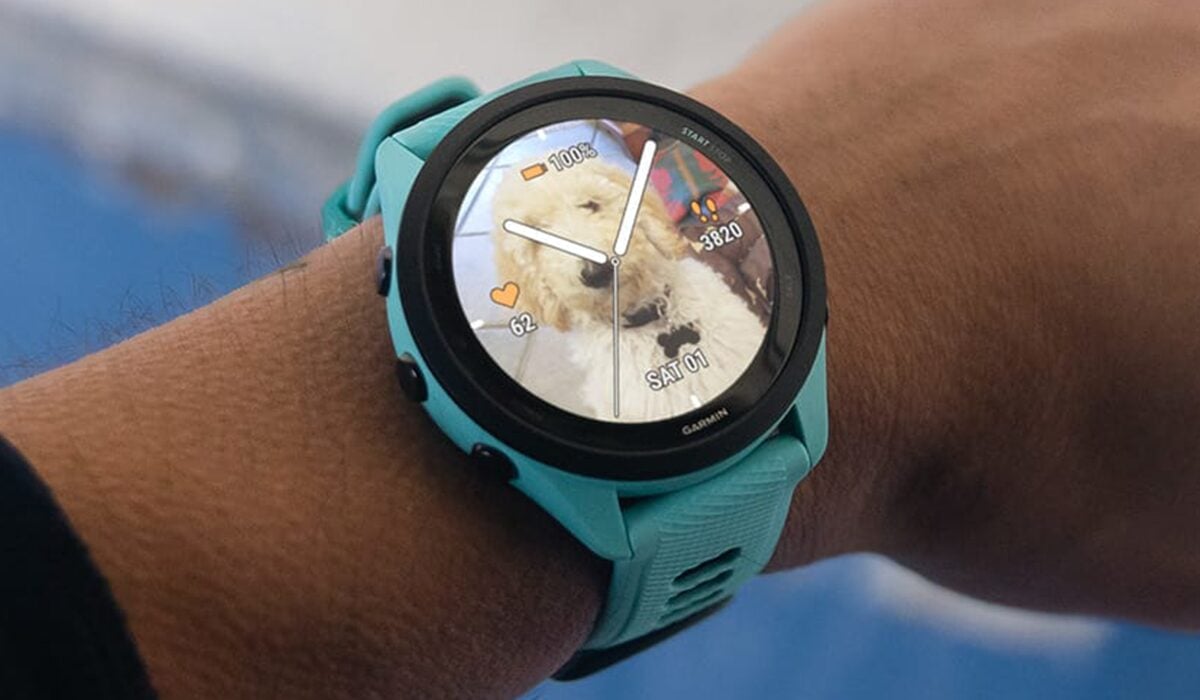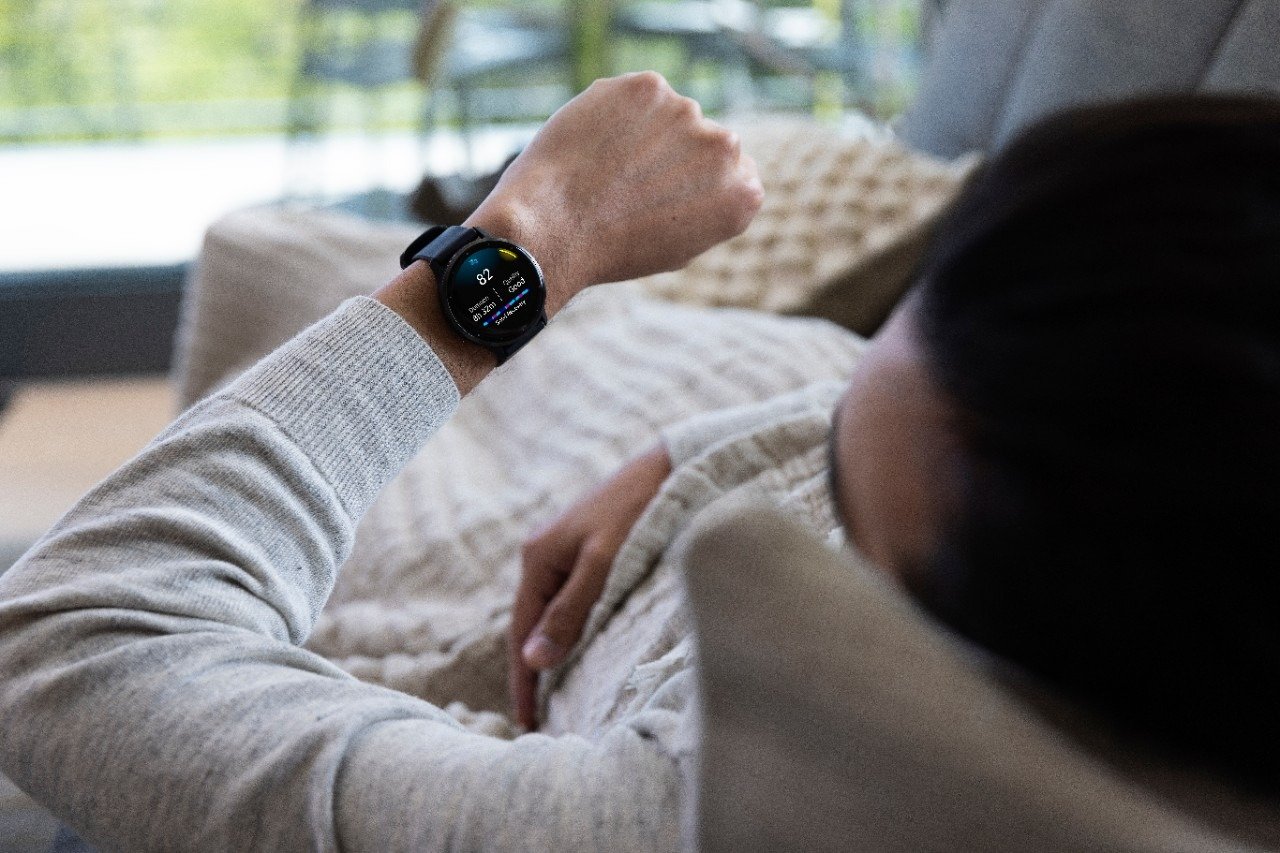
Nutrition For Marathoners: Guest Blog by Ambassador Katie Ringley
The first time I signed up for a marathon, I realized I had to start thinking about nutrition. “I don’t even know what to do right now,” I thought to myself, while my body was screaming “Give me all the food!” I’m sure this is also what many of you are thinking right about now. Marathon running is a beautiful thing, known for the number of calories needed to sustain this “hobby” of ours. I have come to realize, however, that rather than gorging on food or eating without a plan, the most effective way to reach your marathon goals is to follow a nutrition plan. You’ll never find a professional or Olympic runner who does not pay attention to the food they are eating.
I’m right there with you: finding the time and money to do all the things required when training for a marathon is exhausting. We thought this was just about running, but we also have to stretch, foam roll, buy new shoes, buy new gear, pay race fees, etc., etc. Sometimes nutrition lands just about last on the list. Although, maybe you have a sense it should be a higher priority, but don’t know how to do that? That is how I was, and what led me to became a nutrition coach.
It’s also really stinkin’ confusing: paleo, keto, metabolic conditioning, high fat, low carb, high carb, plant based, vegetarian … I think you get the picture. What in the world are some of those things?! How do you choose? And how do you know which is right?
First, it’s important to recognize “bio-individuality” in dieting. Based on your genetics and many other factors, you are very different from the person next to you. You may hear from a friend that one diet works for her, but then you try it and it doesn’t work for you. That’s okay, and it doesn’t mean that you are doomed. It just means that you need to find what works for you. The most important factor is to find something that is sustainable and that you can stick to—forever. Perhaps that means not dieting at all and just eating pizza and beer? Well then, by all means. Mental peace with food (in my personal opinion) is key. Life is way too short to spend time dealing with food anxiety.
But, if it were as simple as eating unknown quantities of pizza and beer, I probably wouldn’t be writing this, right?
Rather, it is much more likely that whatever diet scheme you are following, you are tracking your food intake in some way. Every single diet one can go on is a defined mixture of carbs, fats, and protein. Those three macronutrients are what calories are made of. I think we are often blind to what is in the food we eat. By “blind,” I don’t just mean unaware of the main ingredients in our food. We are also blind to the macronutrient composition of our food. We may think that we are “eating well,” but our diet may instead be jam-packed with carbs and fat, and very little protein. Depending on what your goals are, the balance of the macronutrients in your diet can really make a huge difference. I’m not telling you to count calories or “macros” forever, but I think that it is a really cool tool to have in your toolbox. You are going to be burning loads of calories while marathon training and you want to make sure that you are replenishing them, but you also want to make sure that you aren’t unknowingly eating more calories than you are burning—and that you are eating the right balance of macronutirients for your athletic goals.
You likely already know this general principle, but how do you put it into action on a practical level? When refueling after a long run, you typically want to replenish 100-200 calories per hour of running. And, you want most of these calories to be carbohydrates. This means that if you run 18 miles in 2.5 hours, then you would have to eat an average of 375 additional calories over your baseline. 375 calories is approximately 94g of carbs. HOLLA! 94g carbohydrates is approximately 4.5 bananas or 2 ¼ cups of frozen yogurt or 1.5 bagels or 4 “Gu”/gel packets. It’s important to recognize that if you are someone who metabolizes carbohydrates really well, then having a large burger post long run might not be the best plan for you because that’s full of fat and protein—it is not, in other words, carbohydrate-dense. I know my body runs best on high carb, but I only know that through experimentation and tracking my macronutrient consumption.
Trial and error is the process by which you are going to find the best mix of macronutrients—the best “mojo”—for you personally. And we generally know by now, sticking with whole, unprocessed plant-based foods is the best bet on a micronutrient level.
If you have goals for your physique, track for a while and see how things go. If you aren’t loosing fat or building muscle, maybe it’s time to try a different balance of macronutrients. If you have goals for increasing the energy that you feel on your runs, then try a new combination of carbs, fat, and protein and see what works best for you.




